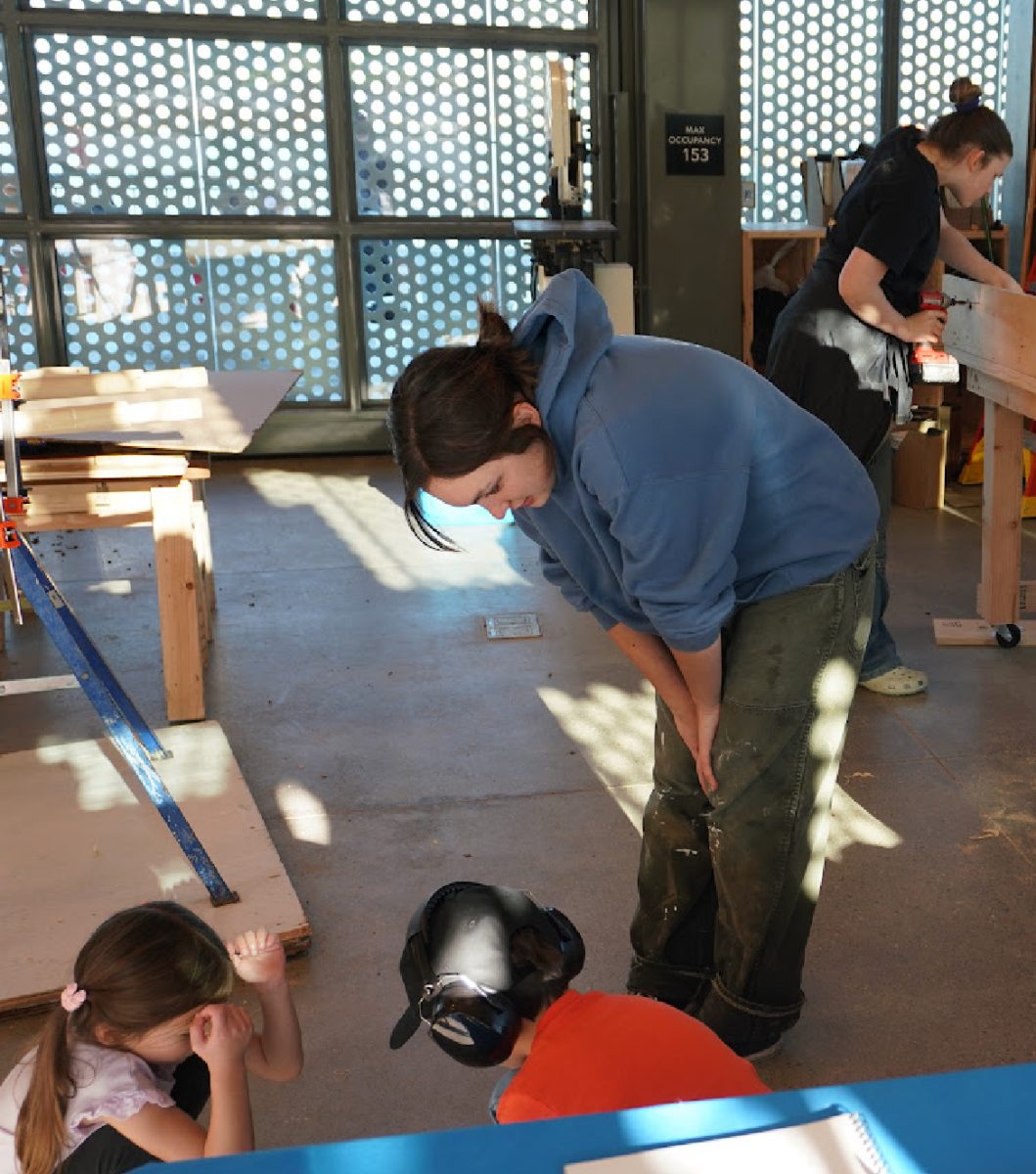“Free Guy” shows all what it’s like to truly break ‘free’ from the algorithm
September 5, 2021

“Free Guy,” directed by Shawn Levy, available on Home Box Office (HBO) Max, tells the story of Guy (Ryan Reynolds) who lives his life according to a video game. However, it is not just any video game. Guy, although he is not aware of it, lives in Free City, a successful open-world video game where he resides as a Non-Player Character (NPC). Reynolds does a fitting job stepping into the role of an average, middle-aged man who works at a bank. Every day, Guy wears the same blue shirt and brown khaki pants, drinks the same coffee and performs uniform tasks that can only be described as incredibly basic. Despite his life appearing as underwhelmingly mundane on the surface, the bank he works at is one prone to violence and is robbed multiple times a day. Although one might believe “Free Guy” is a family action movie designed to provide easy entertainment, upon further analysis, it truly showcases the complexity of everyday individuals and the lives they lead.
When Guy meets Millie (Jodie Comer), another player in the game, she reveals to him that he is, in fact, living inside a video game. This element of “Free Guy” can be compared to Grand Theft Auto, a game in which players are cast in the role of gang members who must commit brutal crimes in order to rise through the ranks. Similarly in Free City, players wreak havoc on NPCs to gain points and “level up,” explaining the constant violence at Guy’s bank. For the entirety of Guy’s existence, he has only known what it is like to be a background character — someone that does not hold a significant impact on his or anyone else’s life — until he decides to break the algorithm. Throughout the movie, Guy perseveres through numerous obstacles planted by the coders of the game, all while learning how to be the main character of his own story.
“Free Guy” also represents Millie in a refreshing light—one where she is not sexualized for simply being a female in an action movie, something that many other modern films continue to do. “Free Guy” showcases Millie as a powerful and independent individual who plays the game in order to prove that Antwan, the creator of the game, stole her code. In addition, Millie is the character that takes initiative in many male-dominated scenes, which is highly unconventional in the film industry.
Apart from the movie’s strong female role model, the duration of the movie heavily consists of Guy specifically choosing the positive “missions.” These missions are ones that do not involve violence; again demonstrating good values and morals throughout the scenes. Guy refuses to level up in situations that bring about a negative impact upon other people. This is another overarching theme of the film: bringing other people down to raise yourself up may result in benefits for yourself, but at what cost? Harm, pain and negativity should not be the foundation of a so-called “successful” person, but rather, support and kindness are what truly lift people up.

Levy does an excellent job balancing the right amount of comedy without overpowering the true themes of the storyline. Similar to other gaming movies such as “Ready Player One,” “Free Guy” truly focuses on how video gaming can bring people together and forge strong connections. The film portrays video gaming as a positive way to meet new people and work collaboratively. A lighthearted late-summer movie, “Free Guy” highlights many notable themes and the importance of becoming the “main character” of one’s own story. “Free Guy” teaches the audience that there are so many more opportunities available when you step out of your comfort zone and make the executive decision to break the algorithm.






